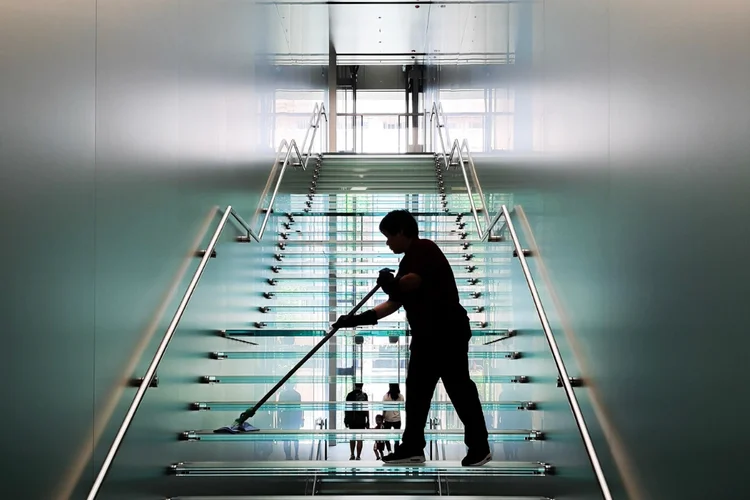When I moved to Britain, it was an adventure. My intention to migrate had been forming for several years until I finally decided to buy my plane tickets. I was offered a job as waitress back in Spain where I would have earned just three euros per hour and I was also running away from an abusive relationship. Whatever was waiting for me in this part of the world, had to be better than what I had.
All migrant workers move from their countries to seek a better life. Often the reality is not what we’ve dreamed of. In Britain today, we are facing a cost-of-living crisis and women suffer the worst consequences of it. Working-class women not only have to face rising costs of necessary goods and the housing crisis but we also experience the double burden which capitalism condemns us to: low paid and part time jobs, the responsibility for care work in our private lives and so on. Migrant women’s conditions do not differ so much from British women; however we find ourselves with additional burdens that can make life a misery.
As well as the socio-economic challenges, migrant women in this country may face language problems: if you don’t talk the language properly, it can make it very difficult to find any job which requires interpersonal skills and can act as a barrier to involvement in society at any level. Government funding cuts to language services means a shortage of translators available in public services such as council housing and NHS practices. This can disproportionately impact migrant women who lack the support to access these vital services.
This situation makes us more vulnerable to sexual abuse and prostitution. Our precarious employment status alongside the frequent sexualisation of migrant women’s bodies can make sites such as OnlyFans and other forms of prostitution seem like a viable choice. Particularly among younger women there is a normalisation among us of using this platform as a legitimate way of earning money.
Historically, Britain has been the home for thousands of migrant workers over the development of capitalism. Imperialist states use international workforces to fulfil their national needs while encouraging lower wages and worse conditions. Recent legislation re-enforces vicious discriminatory migrant policies such as the post-Brexit point scheme or the new Immigration Act which criminalises illegal entry into the country among others policies.
As internationalists we need to make sure we don’t forget the 9.6 million people in Britain who weren’t born here: migrant women, who make up half that number, suffer from specific conditions that make us essential for the struggle against capitalism. We need to be listened to and encouraged to take part in all Young Communist League and Communist Party campaigns. Our voices should be incorporated into statements and policies. It’s the only way to build socialism.
Judith Cazorla, is the Women’s Officer of the YCL



